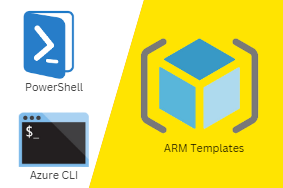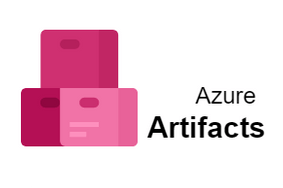If you’re looking to become an Azure security engineer, the first step to take is to determine whether or not you have the correct skill set and experience level. In this article, I’ll explain what skills and experience level are required for becoming an Azure security engineer and outline some of the requirements of the position.
Where should I start if I want to become an Azure Security engineer?
If you want to become an Azure Security engineer, there are a few ways you can get started: (1) take some of Microsoft’s cloud security courses, including Microsoft Certified Solutions Associate (MCSA): Cloud Platform and Infrastructure, which has a dedicated elective on cloud security; or (2) pick up a book like Learning Python for Windows Azure and Web Services. Both resources will give you plenty of exposure to topics like network virtualization, identity management with Active Directory and Roles-Based Access Control, as well as guidance in creating web services that deal with SSL certificates.
Do I need previous experience in this field?
No, you don’t need previous experience in Azure security. Although it will be useful for you to have some knowledge of security and networking, we are looking for graduates who have a strong grasp of core computing concepts, such as networking and operating systems. To be successful at Microsoft as a security engineer, you need to be able to quickly ramp up on new technologies, so our ideal candidates are those with excellent problem-solving skills and a keen interest in computer science fundamentals. When looking at your resume and cover letter materials make sure that they show an ability to learn quickly and a desire to build secure software.
What are the entry requirements for this role?
The Microsoft certification path that’s right for you depends on what kind of experience you already have. We recommend all Security Engineers start with the Microsoft Technology Associate (MTA) or entry-level Microsoft Certified Solutions Associate (MCSA) certifications, which you can earn at no cost through community colleges, coding boot camps and other training programs. If you already have a degree or work experience in IT, moving up to either a Microsoft Certified Solutions Expert (MCSE) Cloud Platform and Infrastructure certification or Microsoft Certified Solutions Developer (MCSD) is also a good option. The MCSE path offers more architecture options—such as security engineering with Windows Server 2016—and goes into more depth about designing solutions for customers.
Can I learn these skills by myself?
You bet! In fact, there are many certification programs that allow you to do just that. The two most popular certifications for information security professionals (those who work in information technology with an emphasis on security) are: 1) CompTIA Security+ and 2) Cisco Certified Network Associate (CCNA). One of these certifications will set you up for a career as a network or cloud administrator. The other will open more specialized opportunities as a penetration tester or incident responder. Both of these certifications require no additional prerequisites and can be achieved through self-study through CBT Nuggets training courses.
What kind of salary should I expect as a fresh graduate with these skills?
It’s hard to put a number on what you should expect as a fresh graduate, especially when you’re focused on another aspect of your career and you’re just entering a new market. But it might be helpful to know that people with similar skillsets are earning between $51,720 (for entry-level) and $86,700 (mid-career), according to PayScale. Keep in mind these figures vary by location and experience; if there aren’t many security engineers near you—or if you have more experience than others in your field—you might be able to charge more for your services. Remember that just like any salary ranges, these numbers are provided as general guidelines.
What is your overall advice regarding getting into this industry?
There is no real template for becoming a cloud security engineer. While there are certainly industry conferences and certifications you can attend to learn more about Microsoft products and services, there’s no specific training program that leads directly into roles like these. In other words, it is up to you (and any company you’re applying for) to determine what knowledge and skills make someone qualified for a particular role. This means that all job requirements will vary depending on each organization’s needs. However, there are a few key things candidates will want to be sure they have under their belt before heading out in search of cloud security jobs: Experience in a technical role: At some point, every cloud security engineer had at least some experience in technical roles.



0 Comments